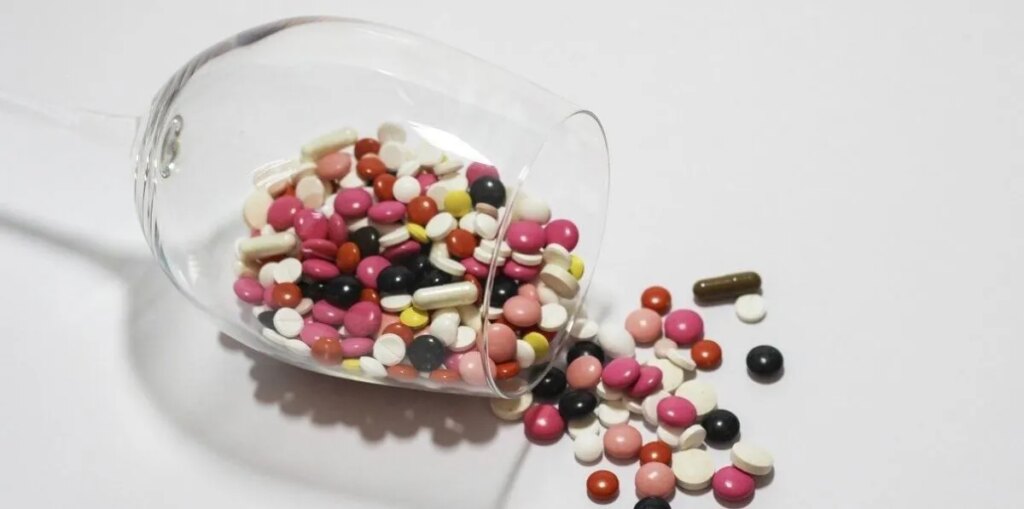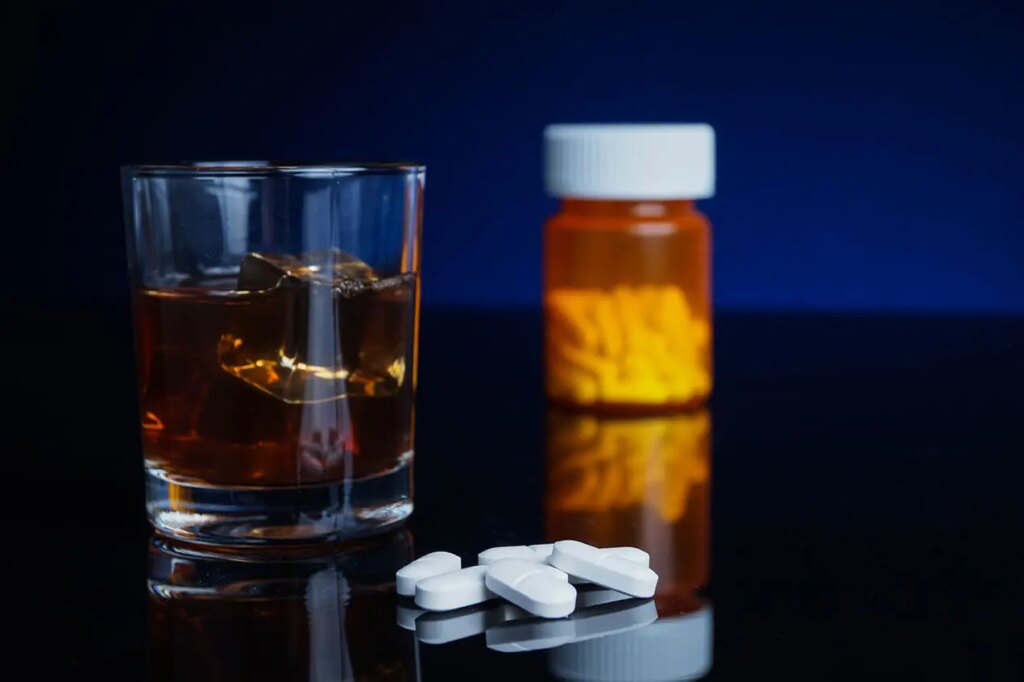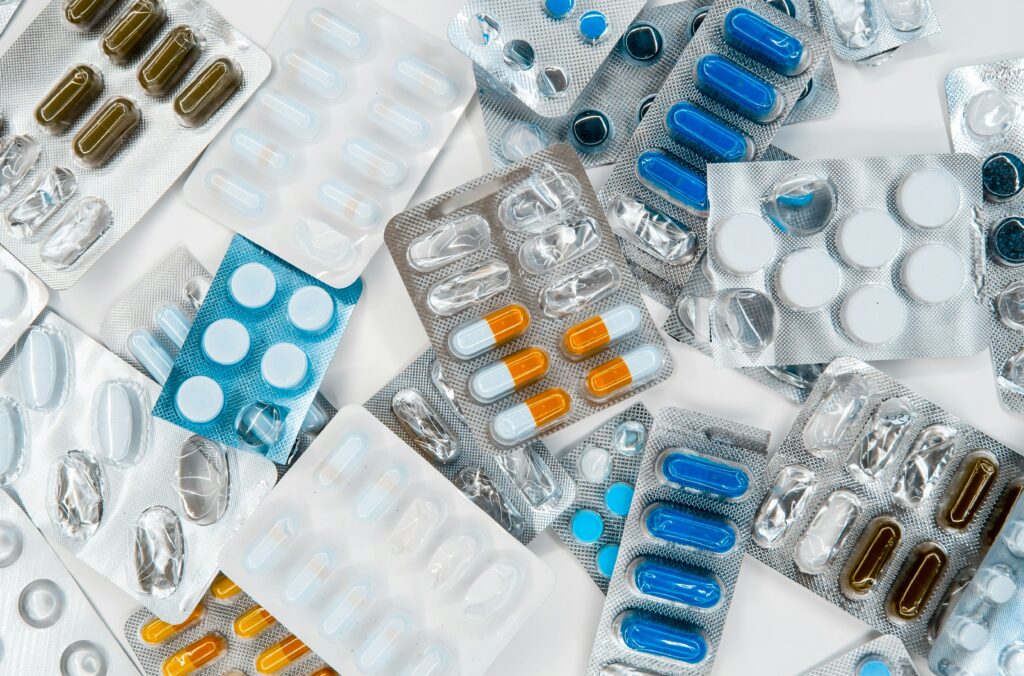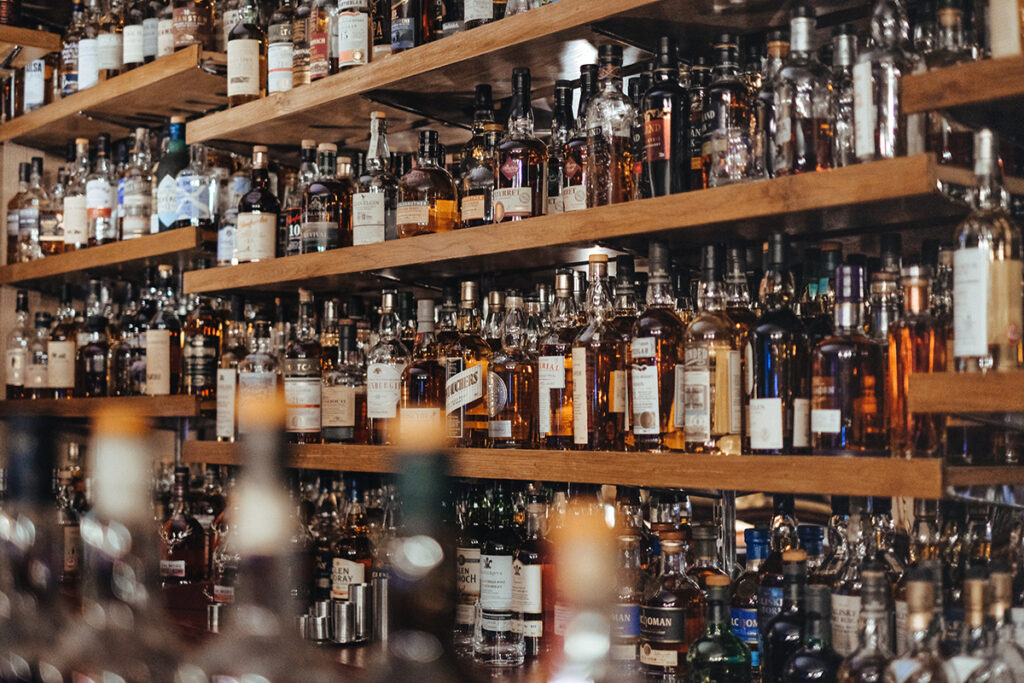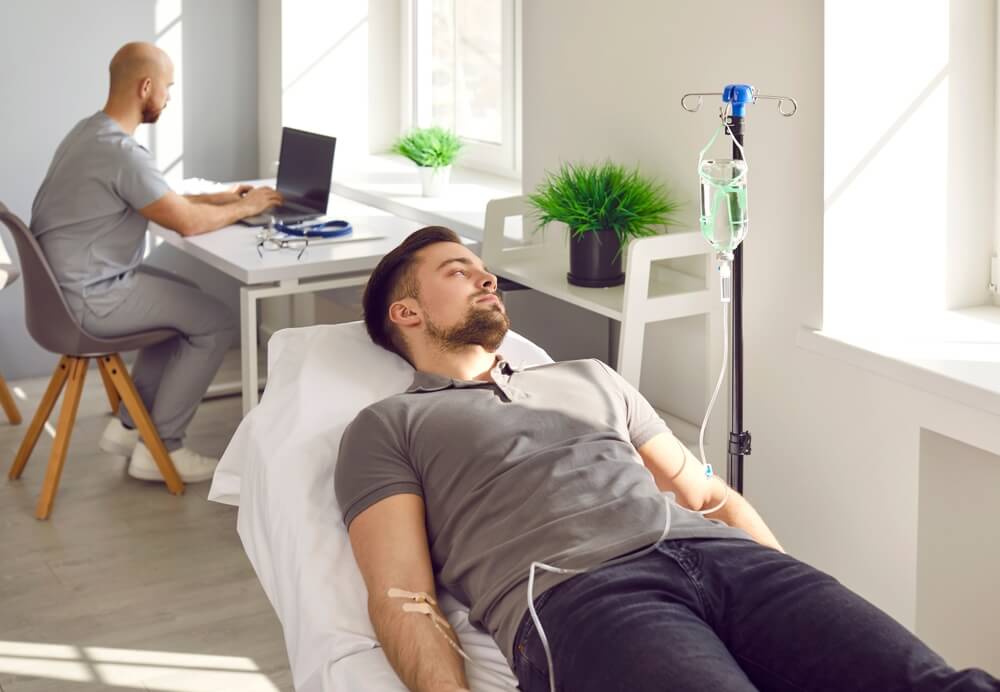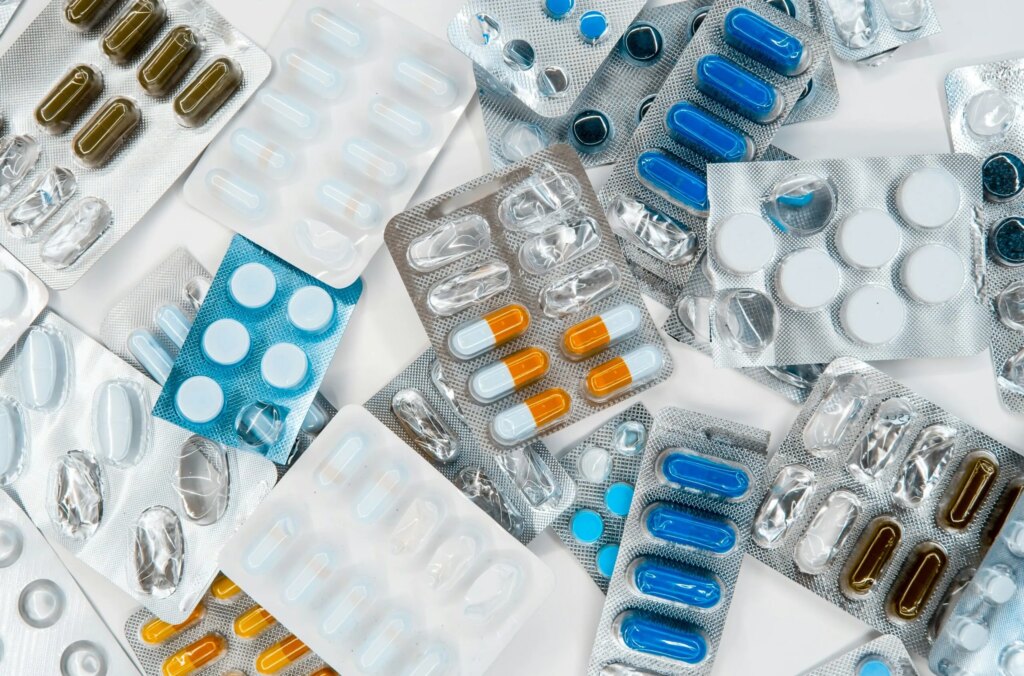Recovery from a mental health condition such as substance abuse and addiction is a difficult journey marked by many highs and lows. A vital aspect…
Stimulants and depressants are drugs that affect the central nervous system (brain and spinal cord). They can have wide-ranging effects on the mind and body.…
Obsessive-compulsive disorder (OCD) is a mental health condition characterized by recurrent uncontrollable thoughts (obsessions) and repetitive behaviors (compulsions). Alcohol use disorder (AUD) (commonly called alcoholism)…
Adderall is a prescription drug for attention deficit hyperactivity disorder (ADHD) and narcolepsy. It comes in various strengths. The 7.5-mg IR (immediate release) is an…
Relapse is a common but frequently misunderstood part of addiction recovery. The term relapse refers to a return to substance use after a period of…
Alcohol withdrawal seizures can occur 6-48 hours after the last drink, sometimes even 2-7 days after you stop alcohol consumption. Seizures (convulsions) occur during alcohol…
DMT is a powerful plant-derived psychedelic substance. It produces brief but intense hallucinations and alterations in thinking, emotions, and sense of time. DMT has been…
Dependent personality disorder (DPD) is a type of personality disorder that causes feelings of helplessness, submissiveness, wanting to be cared for, needing constant reassurance, and…
Addiction is a treatable condition. Research-backed treatment methods can help people stop using drugs and alcohol. This is known as recovery. But successful recovery from…
Molly, also known as Ecstasy or MDMA, is a synthetic (lab-made), psychoactive, hallucinogenic drug that enhances mood and tactile experiences, distorts time perception, and has…


